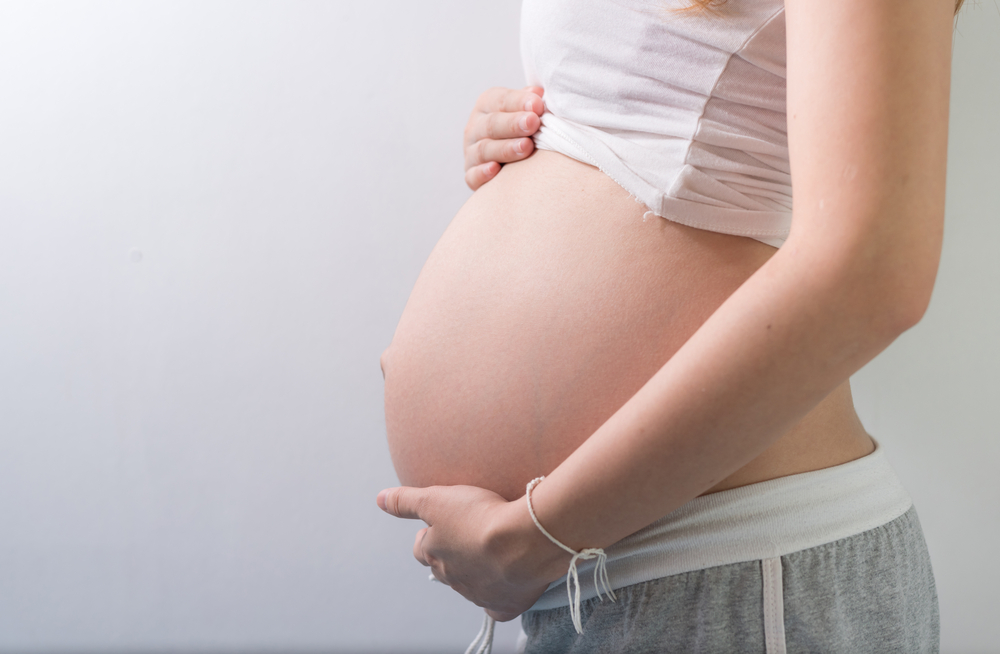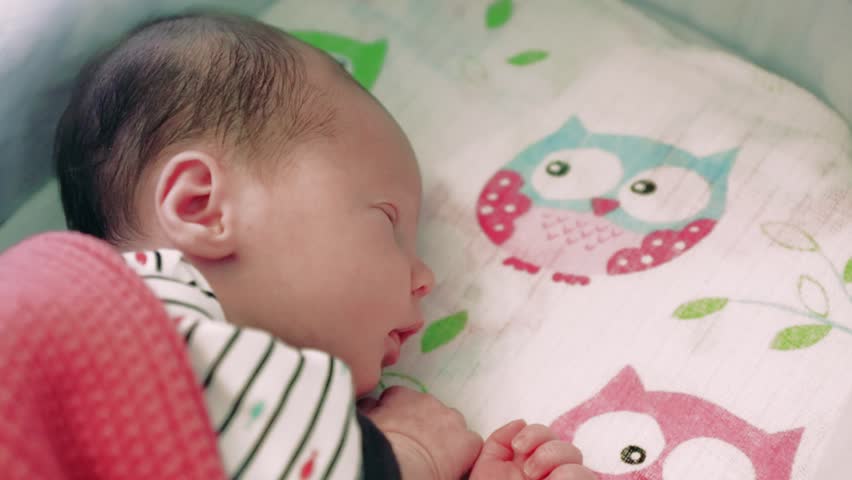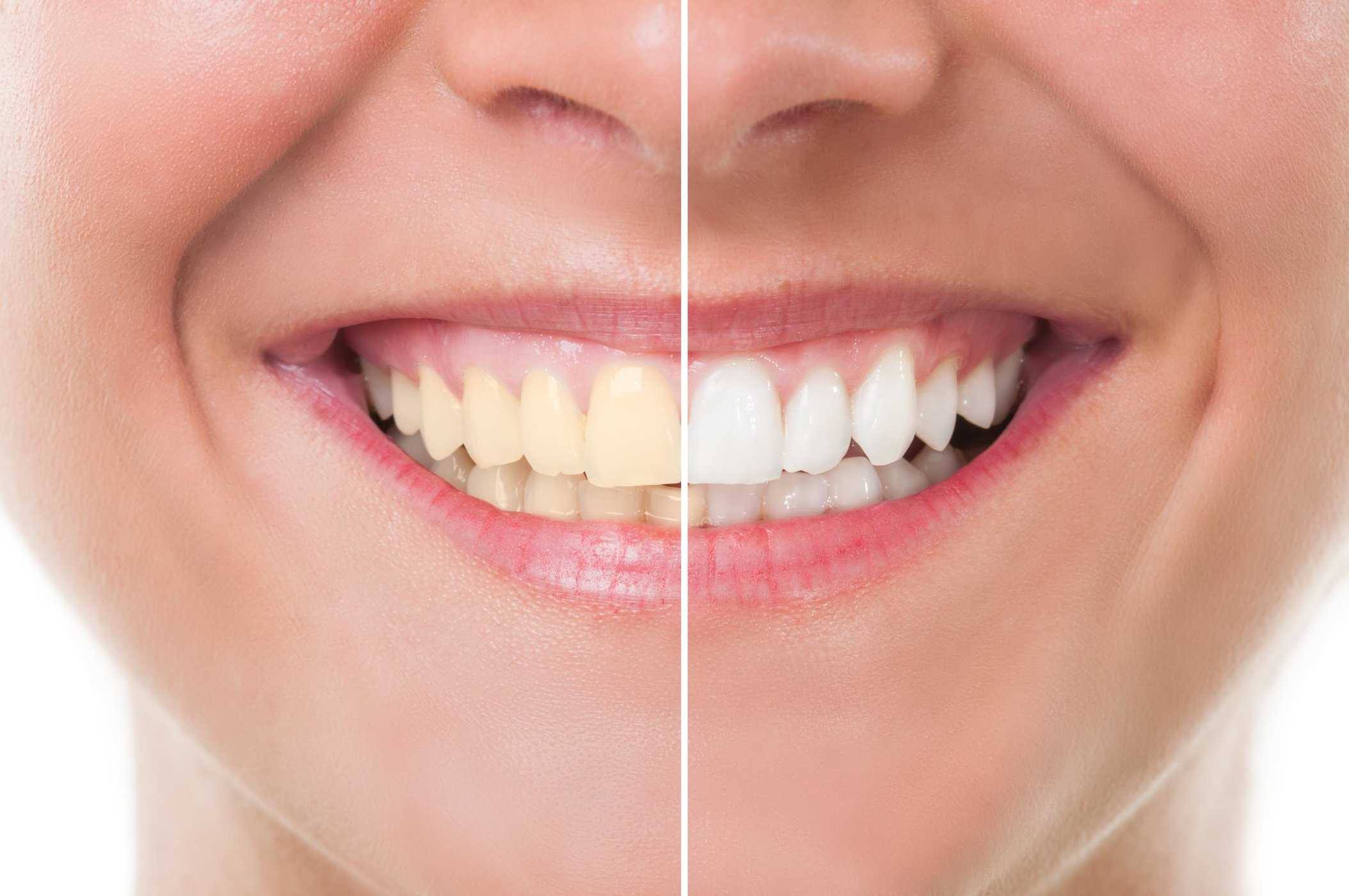Contents:
- Medical Video: Treating Pregnancy Symptoms : How to Prevent Bloating During Pregnancy
- Causes of low tension during pregnancy from mild to serious
- What is normal blood pressure during pregnancy?
- What are the low-tension symptoms during pregnancy?
- What effect does low tension have on pregnancy in infants?
- So how do you deal with this condition?
Medical Video: Treating Pregnancy Symptoms : How to Prevent Bloating During Pregnancy
Blood pressure or tension in the body can be influenced by many factors. Because, any physical activity and certain conditions that you experience can affect your blood pressure. One of them is when you are pregnant. Yes, most women experience low tension during pregnancy. So, how dangerous are these conditions and how to overcome them? Find out below, let's.
Causes of low tension during pregnancy from mild to serious
Pregnancy basically causes many changes to a woman's body, including increases and decreases in blood pressure. Therefore, low blood pressure during pregnancy is actually a normal occurrence. Many pregnant women experience this condition, especially in the first and second trimesters of pregnancy. This happens because blood circulation extends during pregnancy and hormonal changes. Both cause blood vessels to dilate, and blood pressure decreases.
Although this is common, there are several other factors that can also cause low tension during pregnancy. These factors include:
- Too long lying in bed
- Stand too fast from a sitting position
- Soak in hot water for too long
- Allergic reactions
- Infection
- Dehydration
- Malnutrition
- Anemia
- Heart condition
- Endocrine disorders
- Use of certain drugs
Not only that, very low blood pressure can also be a sign of complications in early pregnancy, such as an ectopic pregnancy. Well, because there are various possible causes of low tension during pregnancy (from mild to serious), it is important for you to always do a routine check up to the doctor during pregnancy.
What is normal blood pressure during pregnancy?
During pregnancy, normal blood pressure is a sign of maternal and fetal health. Doctors will use a numerical scale to help diagnose the causes or possible complications of low tension during pregnancy.
According to the American Heart Association, blood pressure is said to be healthy or normal when it shows a number below 120/80 mmHG. While doctors will usually diagnose a person experiencing low blood pressure if after a blood pressure check the patient shows a number 90/60 mmHG.
What are the low-tension symptoms during pregnancy?
Low blood pressure symptoms during pregnancy are similar to symptoms of low blood pressure as in ordinary people. The most common symptoms of low blood pressure in pregnancy include dizziness, nausea, kliyengan (head like spinning), and even fainting. Symptoms kliyengan tend to get worse when you stand suddenly from a lying or sitting position.
Low tension during pregnancy usually does not cause severe symptoms that can cause shock. However, in patients with sepsis or severe blood loss, a decrease in blood pressure can cause organ damage such as strokes, kidney failure, and heart attacks.
What effect does low tension have on pregnancy in infants?
One of the main risks that are feared if having low blood pressure during pregnancy is falling due to fainting. Because some women with low tension who stand too fast after a long time sitting or lying down often experience kliyengan until fainting.
For pregnant women, this is certainly dangerous. Apart from being able to hurt himself when it falls, pregnant women are also at risk of experiencing bleeding that can cause problems in their internal organs. In severe cases, too low blood pressure can cause shock or damage to organs, which poses a risk to the health of the baby.
According to one study, low blood pressure that occurs continuously during pregnancy increases the risk of stillbirths or stillbirths.
So how do you deal with this condition?
In many cases, your blood pressure will return to normal when entering the third trimester of pregnancy. Treatment of low blood pressure during pregnancy actually depends on the history of the disease and your health condition.
However, you can try a few of these simple steps to reduce symptoms:
- Sit or lie down if you feel kliyengan, to avoid falling
- Avoid standing too fast from a sitting or lying position
- Lying on the left side of the body, to increase blood flow to the heart
- Use loose clothing during pregnancy
- Drink plenty of water
- Eating nutritious and highly nutritious foods during pregnancy
Of course, it is also important for you to get your health checked by a doctor if the dizziness gets worse or if other disturbing symptoms appear. Pregnant women should immediately get emergency treatment if they experience dizziness or fainting accompanied by serious symptoms such as bleeding, severe headaches, changes in blurred vision or vision, chest pain, shortness of breath, and weakness or numbness, especially on one side of the body.












